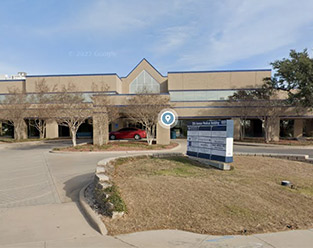Maximizing Your Recovery from TBI
 When you’re in a car crash, have a fall at work or at home, or hit your head while playing sports, there’s a tendency to just shake it off. Because your skull is pretty thick, you might assume you’re fine unless there’s a serious open wound. But that’s almost always a mistake.
When you’re in a car crash, have a fall at work or at home, or hit your head while playing sports, there’s a tendency to just shake it off. Because your skull is pretty thick, you might assume you’re fine unless there’s a serious open wound. But that’s almost always a mistake.
Anytime you have a blow to the head, there’s a significant likelihood of your brain bouncing around inside your skull. When that happens, your brain can easily bruise as it makes contact with your skull. One of the body’s natural reactions to bruising is inflammation or swelling. Unfortunately, because your brain is encased inside your skull, there’s not a lot of room for it to expand. The increased pressure caused by inflammation or swelling—a condition known as “cerebral edema”—can cause further complications. Intracranial pressure (ICP) can impede the flow of blood to your brain, which can deprive your brain of oxygen.
Symptoms and Diagnosis of Brain Edema
So how do you know if you’re experiencing swelling in the brain? Here are the classic symptoms:
- Headaches
- Memory loss
- Nausea or vomiting
- Neck pain or stiffness
- Vision loss
- Irregular breathing
- Seizures
- Loss of consciousness
To determine if there’s swelling, your doctor is likely to give you a head and neck exam, as well as a neurological exam. A CT scan or MRI also may be ordered.
Contact Us to Set Up an Appointment
At Advantage Healthcare Systems, we have extensive experience working successfully with individuals who suffer a concussion or other type of traumatic brain injury (TBI). Call us toll-free at 1-877-487-8289 or fill out the form provided below to schedule an assessment. We offer locations across Texas, including Fort Worth, Dallas, and San Antonio.





